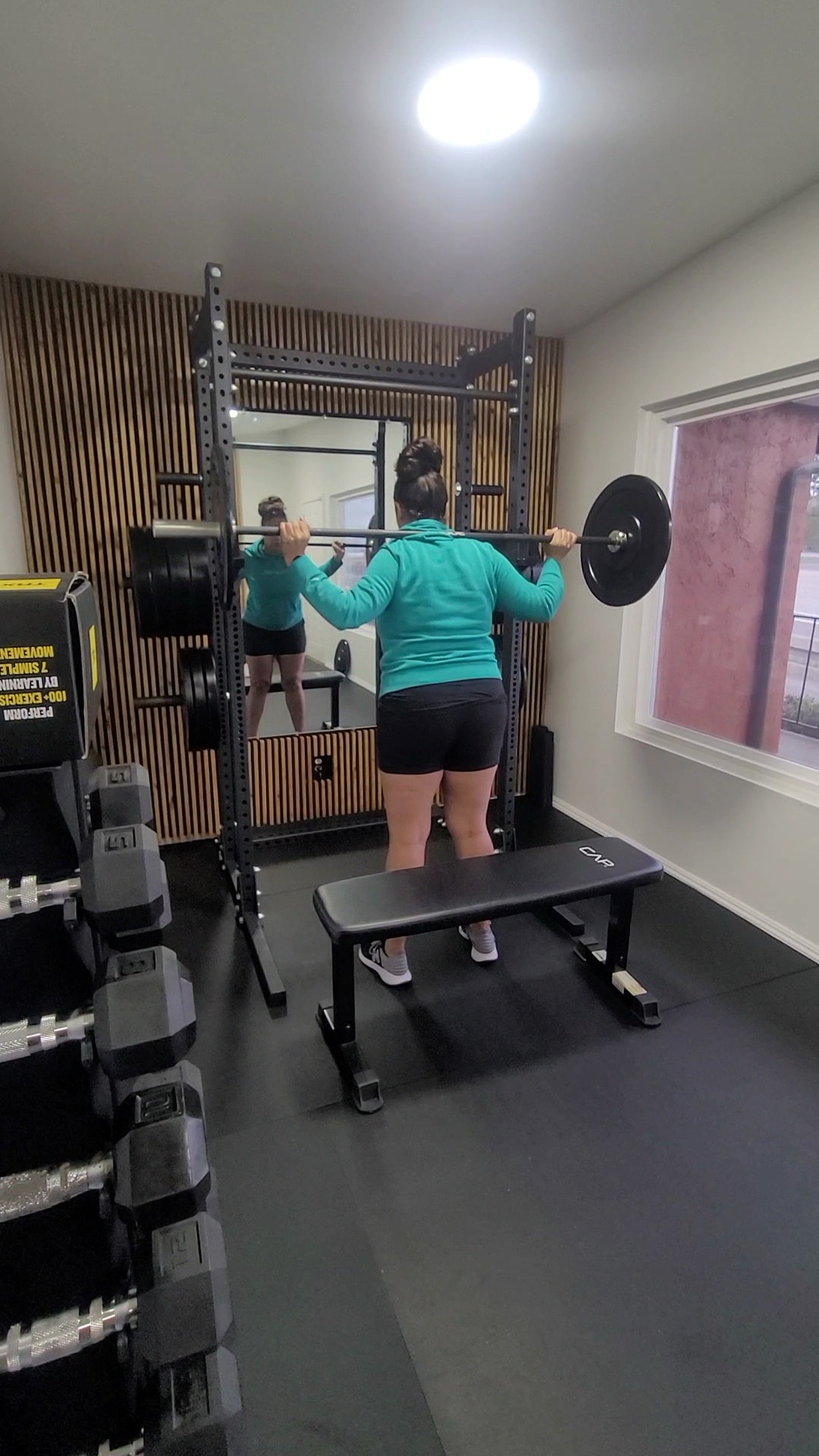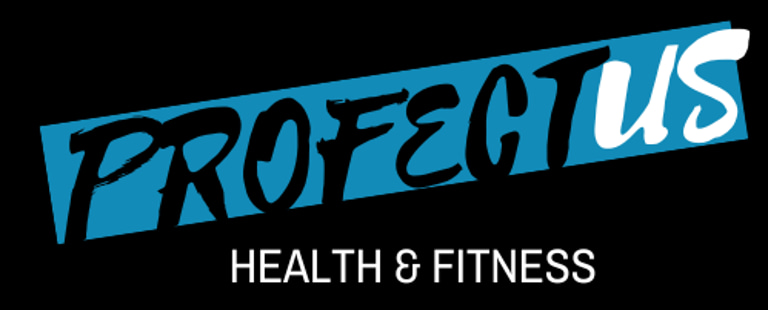Why Women in Perimenopause Are More Susceptible to Injuries — and How to Prevent Them
By Cristina Torres, Owner of Profectus Health & Fitness
8/13/20253 min read


If you’re a woman in your late 30s, 40s, or 50s, you’ve probably noticed your body feels different than it used to. Maybe you’ve experienced more aches and pains, nagging injuries that take longer to heal, or a frustrating lack of strength in areas you didn’t think about before.
You’re not imagining it — and you’re not alone.
Here’s the truth: Women are naturally more prone to certain injuries than men. And when you layer in the hormone changes of perimenopause and menopause, that risk increases.
The good news? You have more control than you think.
-----------------------------
Why Women Are at Higher Risk of Injury
Let’s start with a little female physiology 101.
Women tend to have more natural strength and stability in our lower bodies (thank you, powerful quads and hamstrings!) but relatively weaker core strength. And when I say “core,” I’m not just talking about your abs.
Your core includes:
Your abdominal muscles (front)
Your obliques (sides)
Your lower back
Your glutes (yes, your butt is part of your core!)
When this system is unbalanced — for example, strong legs but a weaker core and glutes — your body becomes less stable, which can set you up for injuries in the gym, at work, and even in everyday movements like bending, twisting, or stepping off a curb.
-----------------------------
How Hormones Make Things Trickier
During perimenopause (which can start as early as your mid-30s and last up to 10 years before menopause), estrogen and progesterone levels fluctuate and then decline.
Estrogen is more than just a reproductive hormone — it plays a major role in maintaining muscle mass, tendon strength, and joint health. When estrogen levels drop, studies show:
Muscle regeneration ability can drop by 30–60% (Dr. Stacy Sims, ROAR)
Ligaments can become more lax, increasing the risk of sprains and strains
Recovery from workouts takes longer
On top of that, our wider hips and different joint alignment put more stress on the knees and ankles.
-----------------------------
The Injury-Prevention Solution: Strengthen Your Core
Here’s the empowering part — you can dramatically lower your injury risk by strengthening your core and focusing on functional strength training.
When your glutes, obliques, abs, and back work together as a solid unit, your body is more stable, your joints are better supported, and your movements are stronger and safer.
Below are 5 Exercises you can do, starting TODAY, to help you build that strong core and reduce your chances of injury.
-----------------------------
5 Core-Strengthening Exercises Every Woman in Perimenopause Should Do
These aren’t flashy “ab burner” moves — these are foundational exercises that help you move better, protect your joints, and prevent injuries. Do them 2–3 times a week for noticeable results.
Walking Lunges – Strengthens glutes, quads, and core while improving balance.
Single Toe Raise – Targets calves, glutes, and stability muscles.
Glute Bridge with Alternating Leg Raise – Builds glute power and hip stability.
Plank with Knee Dips – Engages abs, shoulders, hips, and glutes.
Side Planks – Strengthens obliques, shoulders, and spinal stability.
(Detailed instructions for each are inside our free PDF guide — see the link below.)
-----------------------------
The Bottom Line
Injury prevention in perimenopause isn’t about slowing down — it’s about training smarter.
By focusing on building core and glute strength, you’ll not only reduce your risk of injury but also feel stronger, more confident, and more capable in every part of your life.
And remember: Your workouts in this phase of life shouldn’t look like they did when you were 25. Your body has changed — and your training should evolve with it.
💡 Ready to protect your body, boost your strength, and train for this stage of life?
At Profectus Health & Fitness, we specialize in helping women in perimenopause and menopause move better, feel better, and age with confidence.
📅 Book your free, no-pressure consultation today and let’s create a plan that works with your body — not against it. Book HERE.
